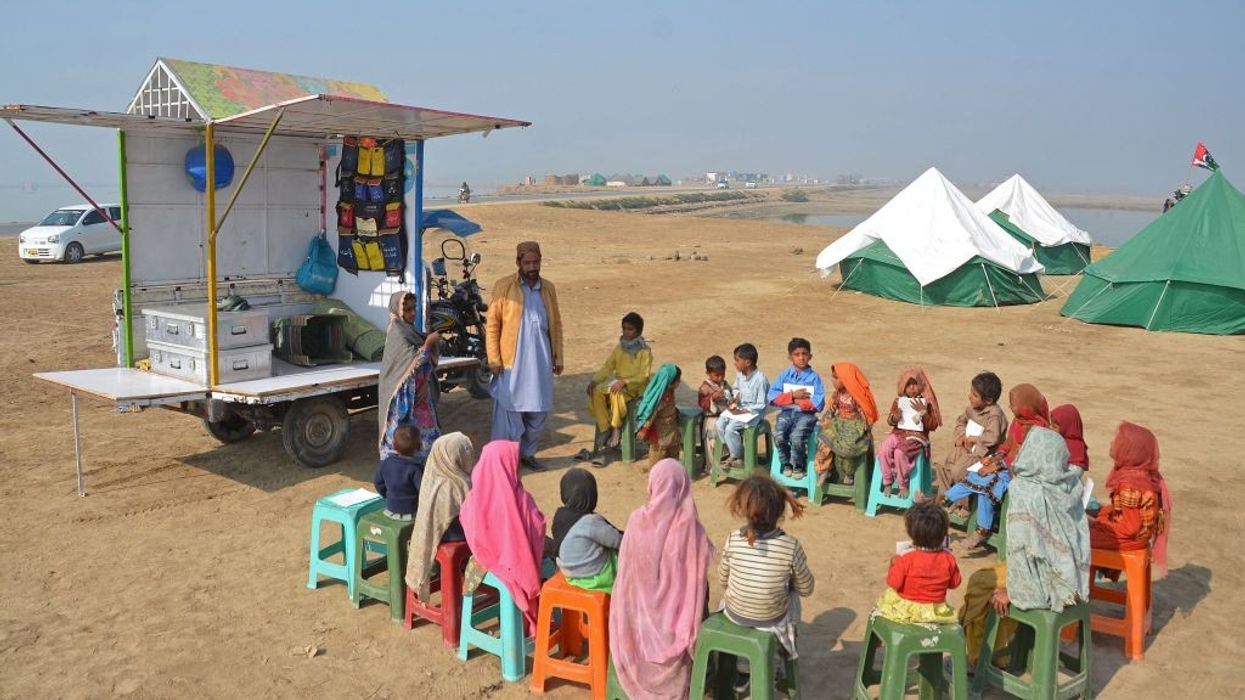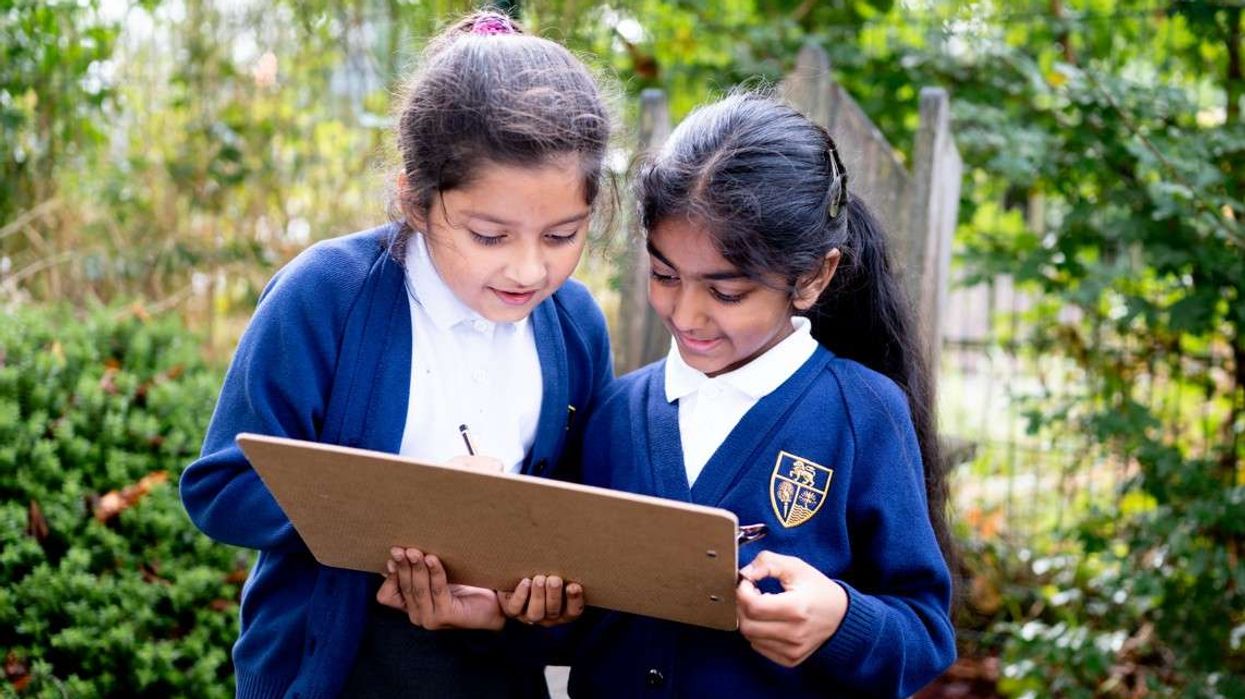AN estimated 40 per cent of children in Pakistan are suffering from stunted growth as families struggle to access food and healthcare, a year after the devastating floods, according to a report by a UK-based charity.
The report by Birmingham-based Islamic Relief Worldwide, published last week, added that 80 per cent of mothers report sickness among children – with outbreaks of diarrhea, malaria, and dengue fever increasing.
The floods in Pakistan last year affected 33 million people and submerged a third of the country underwater. The disaster killed over 1,700 people and displaced 7.9 million people from their homes.
"The livelihoods of millions of people are destroyed, with agricultural output declining significantly this year due to the loss of cotton, dates, sugarcane, and rice crops. Growing numbers of rural people are forced to migrate to towns and cities in search of work," the report, which was based on extensive research with affected communities, said.
“For children, life is closely linked with their family – and when their families are struggling and they haven’t got proper shelter, proper resources, sufficient food, there is a big impact on the children. And that is the prevailing situation in flood-affected districts,” Raza Narejo, the deputy country director of Islamic Relief Pakistan, was quoted as saying by The Telegraph.
“Children will certainly be stunted, which means their chances of living healthy lives with proper education are curtailed… and in 10 years' time, you will find an uneducated generation, who will not be healthy citizens capable of contributing towards their families, communities, and country."
In the wake of the latest findings, the charity has called for a package of compensation for Pakistan and other countries affected by increasingly frequent and severe climate-related disasters, including debt relief and increased climate financing.
According to the charity, rich and high-polluting countries should accelerate action for COP28 in November and must provide $100 billion annually to help the most vulnerable countries adapt to the impacts of climate change.
"Pakistan should be a priority for increased climate financing. It is one of the countries most vulnerable to the negative effects of climate change, yet despite being the world’s sixth most populous country, it is responsible for just 0.88 percent of global emissions – less than one-eighth of the US’ per capita emissions and one-third of the UK's," said the report titled Towards a resilient Pakistan: Moving from rhetoric to reality.
The charity highlighted that women and girls were particularly affected by the floods, with pregnant women still struggling to access maternal health services and girls being most likely to be underweight.
The report added, "Many women displaced by the flooding still do not have safe private spaces to breastfeed, leading to poorer health for babies. Local communities, particularly vulnerable groups, feel increasingly excluded from climate action and responses, with only 22 percent of those surveyed believing they can play a role in reducing or reversing the impacts of climate change."
Waseem Ahmad, CEO of Islamic Relief Worldwide, said, “No amount of financial aid can compensate those who have lost loved ones and seen their homes and everything they own destroyed. But we need to see climate justice, where the biggest polluters pay for the damage and destruction caused by climate change.
“As climate-related catastrophes increase, it is the poorest and most vulnerable people who bear the brunt of the suffering. They are the ones most likely to live in fragile homes and the least likely to have savings to fall back on or assets to sell, or any kind of ‘Plan B’ when floods hit and crops and livestock are wiped out."
The report urged more investment in smart climate solutions, green innovation, and resilient livelihoods programmes, with a greater focus on listening to women, youth, and indigenous communities and addressing their specific needs in policy making.














